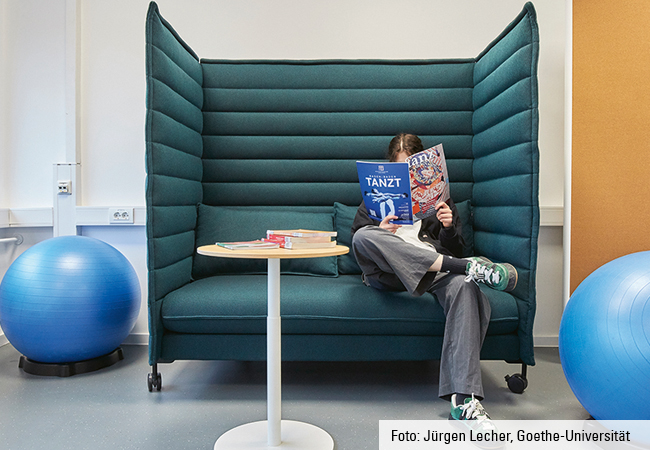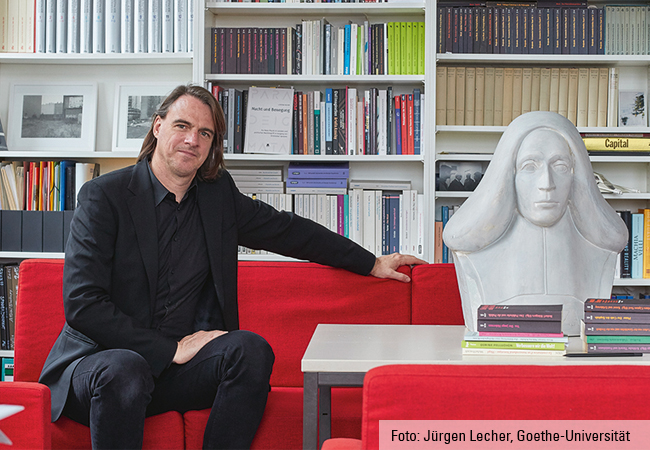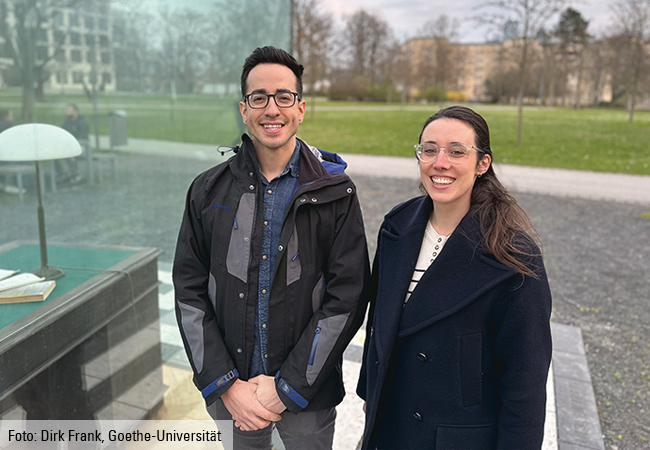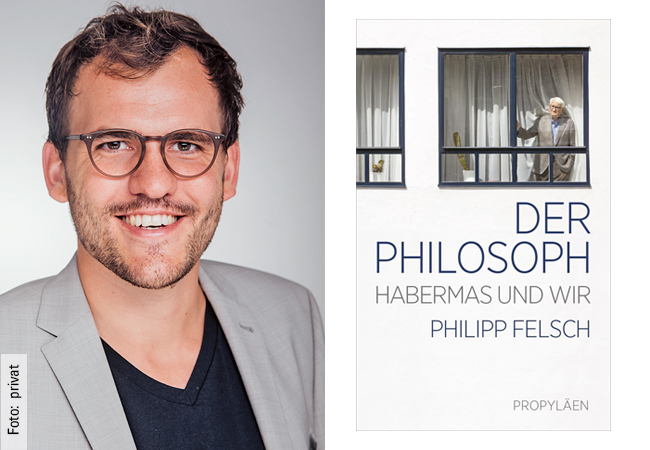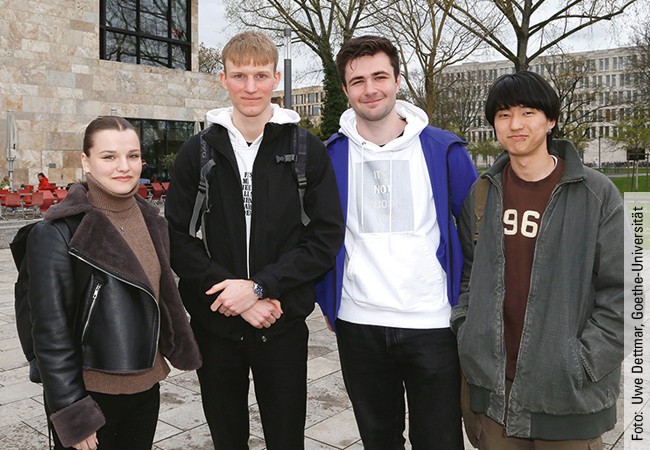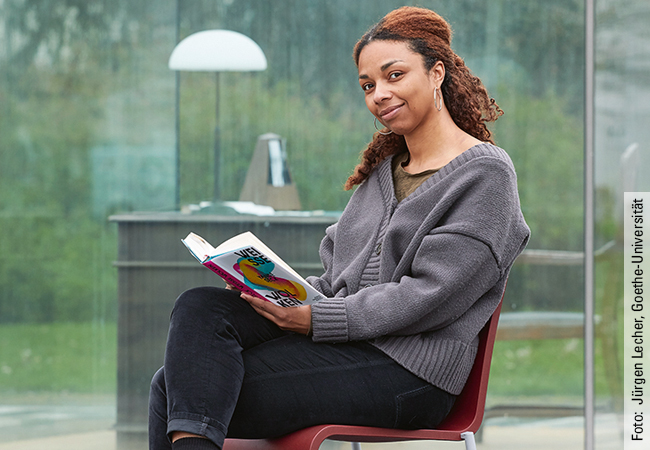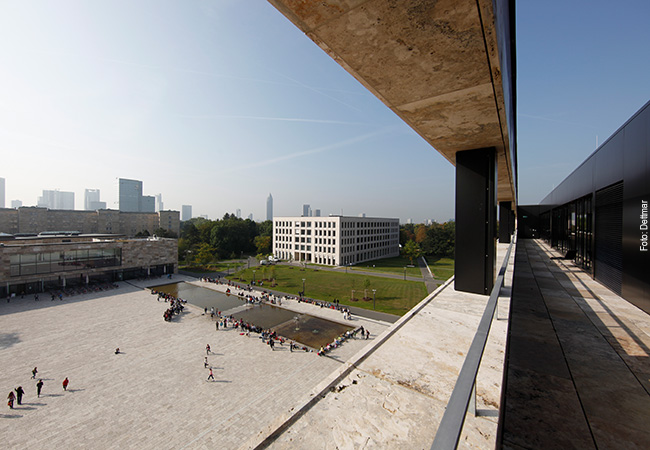
Brain imaging study investigates why cognitive abilities differ between individuals
The interconnections and communication between different regions of the human brain influence our behaviour in many ways. This is also true for individual differences in higher cognitive abilities. The brains of more intelligent individuals are characterised by temporally more stable interactions in neural networks. This is the result of a recent study conducted by Dr Kirsten Hilger and Professor Christian Fiebach from the Department of Psychology and Brain Imaging Center of Goethe University Frankfurt in collaboration with Dr Makoto Fukushima and Professor Olaf Sporns from Indiana University Bloomington, USA. The study was published online in the scientific journal ‘Human Brain Mapping’ on 6th October.
Intelligence and its neurobiological basis
Various theories have been proposed to explain the differences in different individuals’ cognitive abilities, including neurobiological models. For instance, it has been proposed that more intelligent individuals make stronger use of certain brain areas, that their brains generally operate more efficiently, or that certain brain systems are better wired in smarter people. Only recently have methodological advances made it possible to also investigate the temporal dynamics of human brain networks, using functional magnetic resonance imaging (fMRI). An international team of researchers from Goethe University and Indiana University Bloomington analysed fMRI scans of 281 participants to investigate how dynamic network characteristics of the human brain relate to general intelligence.
Stability of brain networks as general advantage
The human brain has a modular organisation – it can be subdivided into different networks that serve different functions such as vision, hearing, or the control of voluntary behaviour. In their current study, Kirsten Hilger and colleagues investigated whether this modular organisation of the human brain changes over time, and whether or not these changes relate to individual differences in the scores that study participants achieved in an intelligence test. The results of the study show that the modular brain network organisation of more intelligent persons exhibited less fluctuations during the fMRI measurement session. This increased stability of brain network organisation was primarily found in brain systems that are important for the control of attention.
Attention plays a key role
“The study of the temporal dynamics of human brain networks using fMRI is a relatively new field of research” says Hilger. She speculates: “The temporally more stable network organisation in more intelligent individuals could be a protective mechanism of the brain against falling into maladaptive network states in which major networks disconnect and communication may be hampered.” She also stresses that it remains an open question how exactly these network properties influence cognitive ability: “At present, we do not know whether the temporally more stable brain connections are a source or a consequence of higher intelligence. However, our results suggest that processes of controlled attention – that is, the ability to stay focused and to concentrate on a task – may play an important role for general intelligence.”
Publication: Hilger, K., Fukushima, M., Sporns, O., & Fiebach, C. F. (2019). Temporal Stability of Functional Brain Modules Associated with Human Intelligence. Human Brain Mapping. (DOI: https://doi.org/10.1002/hbm.24807)


